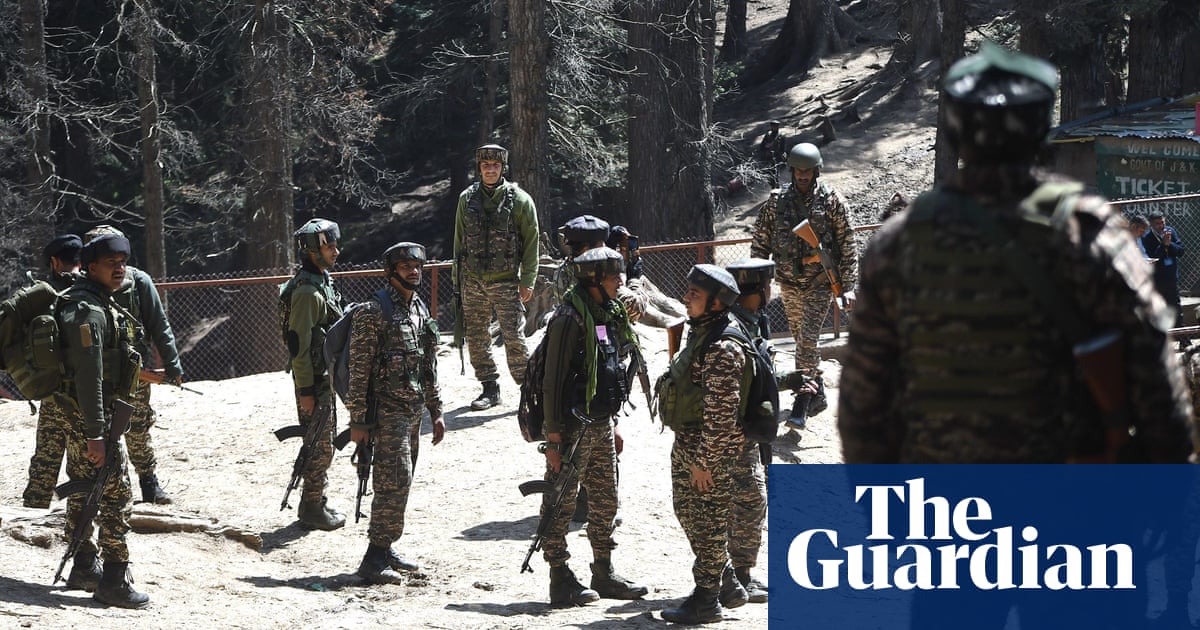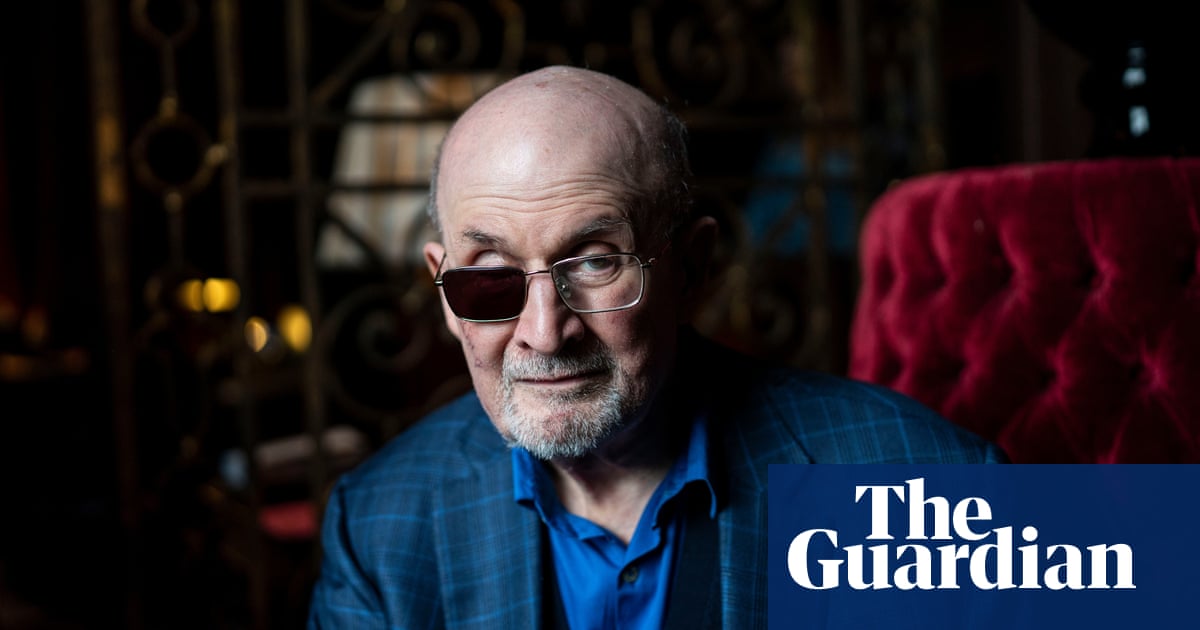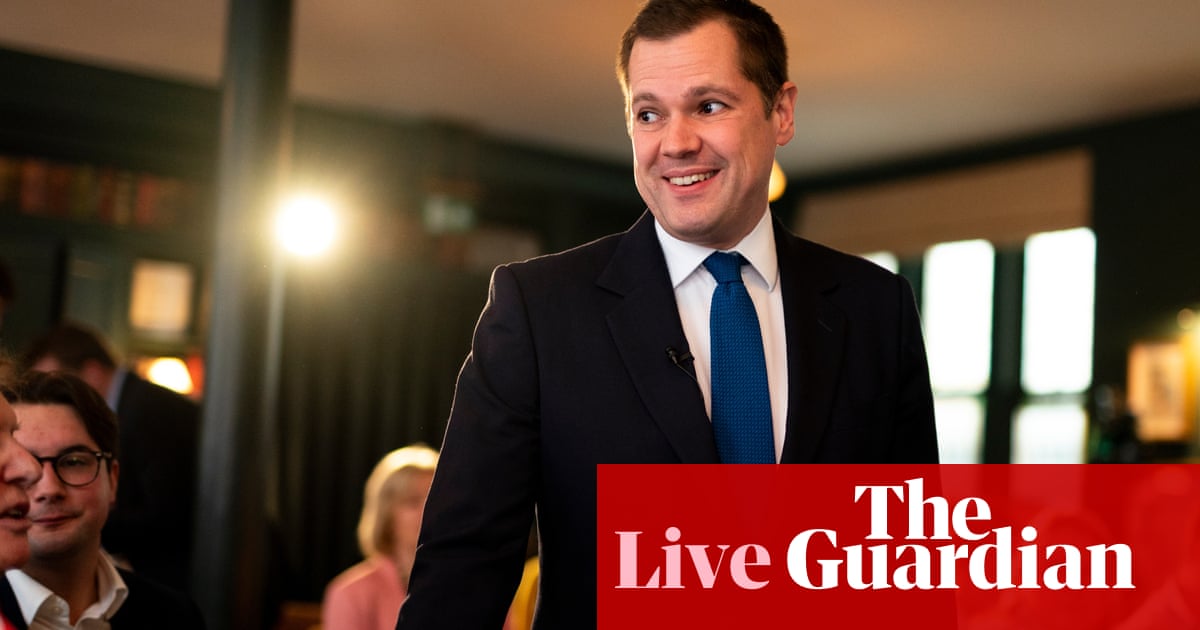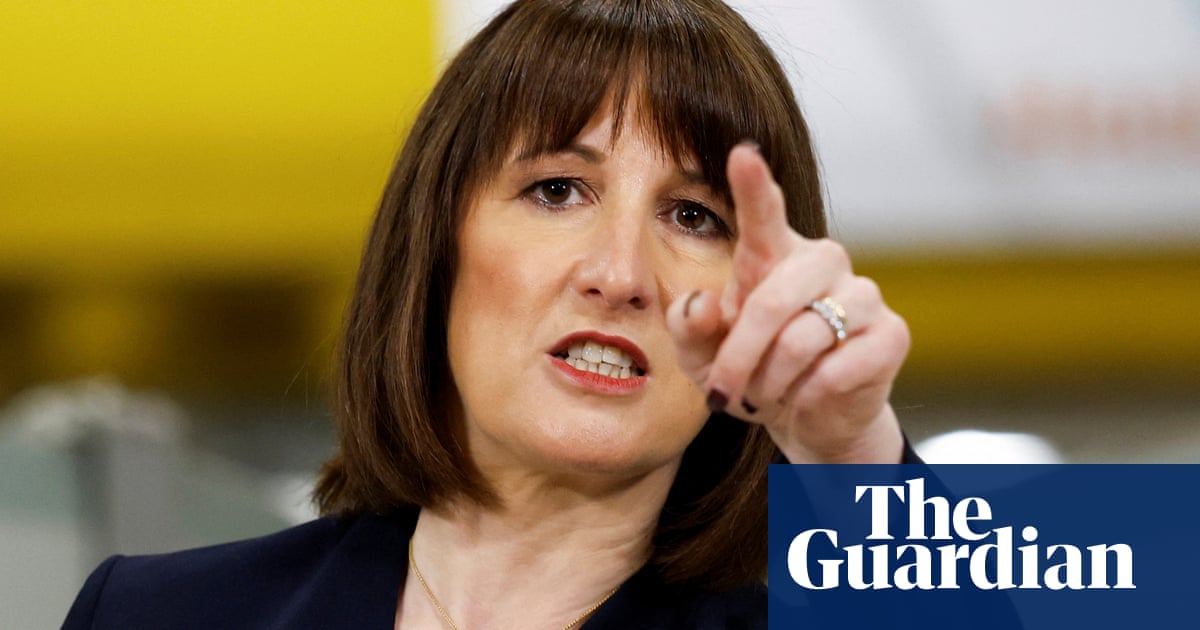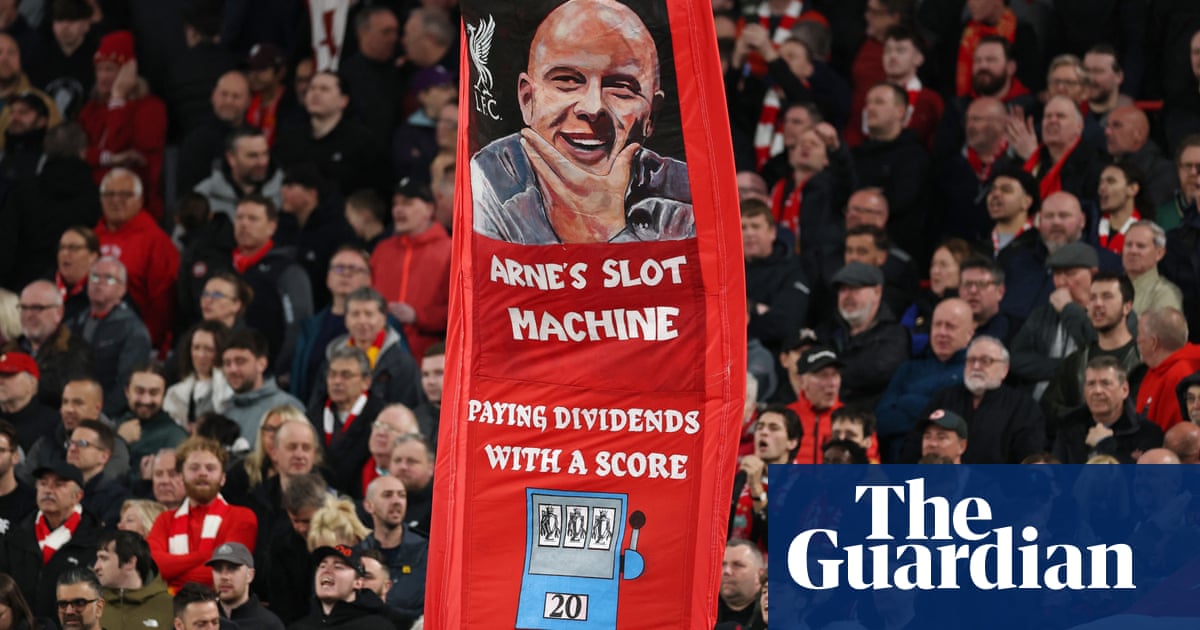Rules banning scrutiny of the royal family in parliament must be changed in light of the continuing scandals about Prince Andrew, a Labour peer has said. Lord Foulkes is seeking a meeting this week with the clerk of the parliaments Simon Burton, who is head of the House of Lords administration, to discuss what Foulkes says is a growing list of concerns about the activities of the royal family.
Foulkes, a junior minister under Tony Blair, said he has been refused permission to table a question proposing a public register of royal interests.
Calls have been increasing for greater scrutiny of the royal family and their finances after a series of scandals involving Andrew.
Foulkes’ intervention comes as new court documents revealed further details about the relationship between the prince, 64, and the convicted paedophile, Jeffrey Epstein.
Emails released on Friday show that, in February 2011, a “member of the royal family”, believed to be Andrew, wrote: “Keep in close touch and we’ll play some more soon!!!!”
The email contradicts claims made by Andrew in his disastrous 2019 BBC Newsnight interview with Emily Maitlis that he had ceased all contact with Epstein in December 2010.
The prince has also been criticised for his business relationship with an alleged Chinese spy.
Foulkes said that parliament’s clerks have vetoed every attempt to raise concerns about Andrew and other royals. They have argued that parliament’s standing orders and Erskine May, the authority on parliamentary procedure, prevent discussion of the monarchy and of any matters that reflect on the sovereign or royal family.
Foulkes believes there should be changes to the rules to allow discussion beyond the current limit of questions about the cost to the taxpayer of royal palaces and events attended by the royals.
Taxpayer funding to King Charles is set to increase by 53% this year to £132m. Foulkes said there were concerns, particularly among newly elected Labour MPs, about the amount of public money spent by the king and members of the royal family. Andrew received taxpayers’ money until he was forced to stand down from his official royal duties in November 2019 after Newsnight.
“It’s about wider accountability,” Foulkes said. “I was particularly concerned about where public money is spent. That’s why the Andrew issue is something that’s interested me particularly.”
He added: “There is very great sensitivity in parliament and particularly in the House of Lords, as you would expect, and a lot of deference to the monarch, which is understandable in many ways.
“But I think one of the things is to separate the monarch or head of state from the royal family, the rest of them. “Where does the royal family stop? All the grandchildren, the cousins, the nieces, the nephews … It’s not defined. The restriction can be used in relation to any of them.
“Do the rules apply to Andrew, who is no longer a working member of the family?”
Despite the fact that the number of working royals has fallen in recent years, as part of King Charles’s vision for a “slimmed-down monarchy”, Whitehall retains a wide definition of the royal family.
The information commissioner’s guidelines on exemptions from the Freedom of Information Act, for example, includes a large number of the extended family, including Princess Anne’s children, Peter Phillips and Zara Tindall, who have never had a royal title or undertaken official duties.
after newsletter promotion
Andrew was a trade and investment envoy for 10 years until 2011.
When he was appointed to represent Blair’s government in 2001, 65 MPs signed an early day motion – something that is allowed because there is no further discussion in parliament about it – calling for a register of royal interests.

In response at the time, ministers said Andrew would have no opportunity to let his personal interests interfere with his official duties.
The prince subsequently took his business partners on official visits and set up Pitch@Palace, a Dragons’ Den style venture linking entrepreneurs with investors.
Andrew could be drawn into a potential investigation in the US, after Donald Trump’s pick for FBI director, Kash Patel, who is undergoing Senate confirmation hearings, said last week he was ready to investigate anyone with links to Epstein.
“I will make sure the American public knows the full weight of what happened,” he said.
A spokesperson for the House of Lords declined to comment.

.png) 2 months ago
25
2 months ago
25
